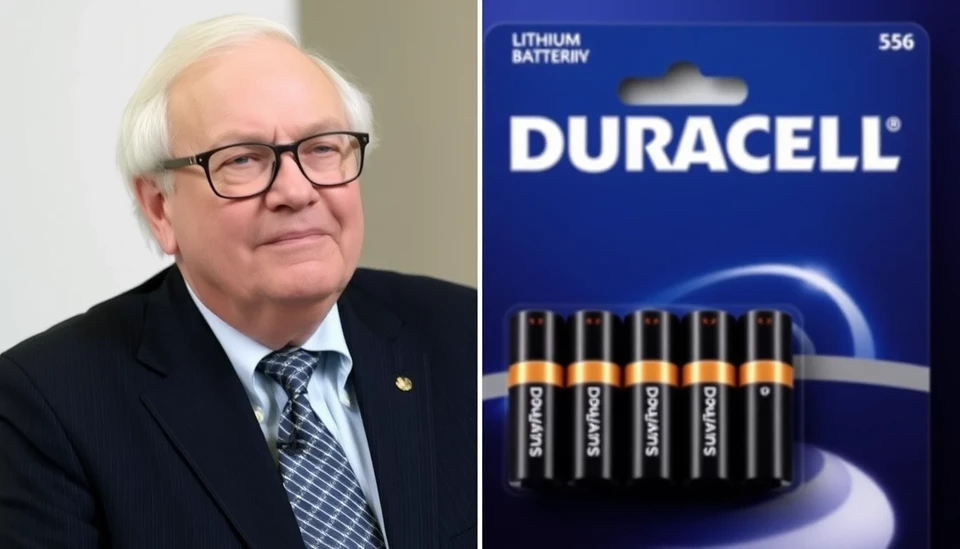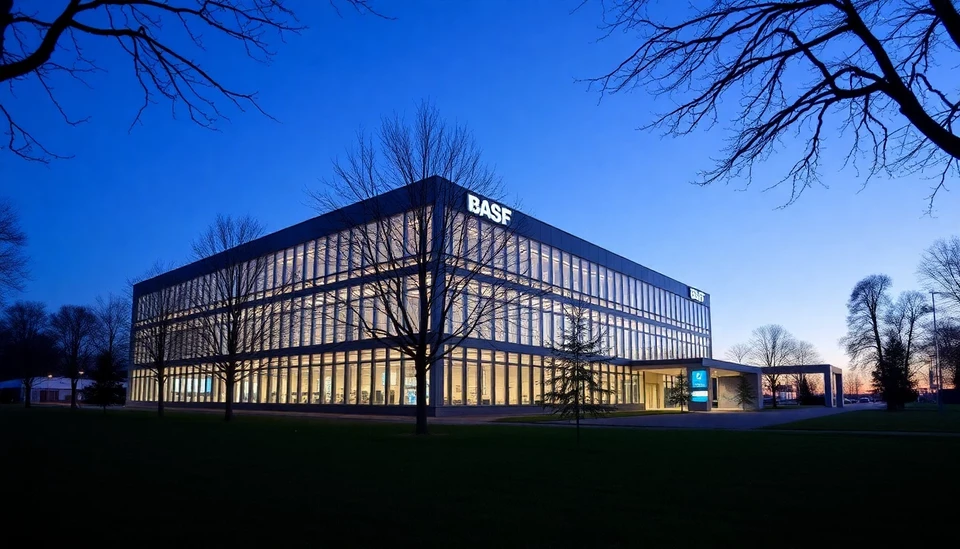
In a recent financial disclosure, BASF SE, one of the world's largest chemical producers, revealed a notable decline in its earnings, primarily attributed to significant impairments in its battery business and escalated restructuring expenses. The manufacturer, headquartered in Germany, is grappling with the fallout from a combination of market pressures and strategic shifts aimed at revitalizing its core operations.
The company's earnings before interest and taxes (EBIT) plummeted to €1.9 billion ($2.1 billion) in the last quarter of the fiscal year, a stark contrast to the €3.6 billion reported during the same period the previous year. This decline was further magnified by an impairment charge of approximately €1.2 billion associated with its battery materials segment. This sector, which had been seen as a promising growth area, has faced significant challenges, including increased competition and fluctuating raw material costs.
BASF's restructuring efforts, which include workforce reductions and the streamlining of operations, have also contributed to the financial strain. The company stated that it is committed to realigning its strategic focus to enhance efficiency and adapt to the prevailing market environment. In light of these efforts, BASF has announced plans to cut around 2,600 positions globally, primarily in Europe, as part of its broader initiative to trim costs and return to profitability.
In addition to its internal challenges, BASF is also navigating the complexities of an evolving global market where demand for sustainable and environmentally friendly products is increasing. The company has made it a priority to shift towards more sustainable solutions, focusing on innovation within chemicals manufacturing that minimizes environmental impact.
As part of its recovery strategy, BASF is also investing in research and development, especially in the areas of battery materials and crop protection technologies, which are expected to bolster its competitive position. The company aims to leverage these investments to tap into emerging markets and respond effectively to rapid changes in consumer preferences.
Despite the recent struggles, BASF's management remains optimistic about future growth prospects. They emphasize a commitment to adapting to market demands and reinforcing their position as a leader in the chemical industry. Investors are now looking ahead, eager to see how these strategic adjustments will influence BASF's performance in the upcoming quarters.
As BASF navigates through its current financial challenges, the focus will increasingly be on its ability to manage costs efficiently while also investing in future-oriented sectors that promise sustainable growth. The full impact of these efforts, combined with external market dynamics, will likely play a crucial role in shaping the company's financial results in the years to come.
In summary, BASF is at a critical juncture as it grapples with falling earnings due to impairments and restructuring costs while pursuing a sustainable and innovative path forward in a competitive chemical landscape.
#BASF #EarningsReport #BatteryImpairments #RestructuringCosts #ChemicalIndustry #Sustainability #CorporateStrategy #FinancialNews
Author: John Harris




